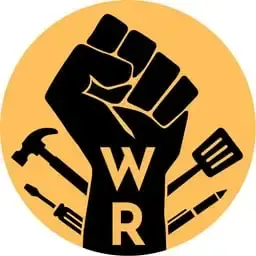Hollywood scribes initiated a work stoppage in early May as negotiations broke down with studios including Disney, Paramount, Universal and Warner Bros. Discovery.
Talks between the Writers Guild of America and the Alliance of Motion Picture and Television Producers resumed last week after months of starts and stops.
The WGA and AMPTP are still drafting the final contract language.



I’m sorry. I’ll believe it when I see it. I don’t trust undisclosed terms.
It’s how all union negotiations work, the membership will see it once it meets all the approvals from the election committee and boards and such. It’s to keep the employer from picking away at the membership by offering one concession here or one there, and then letting the rabble be like “well actually that one point is pretty good, maybe we should just agree now!”
Now that said, I’m also going to wait before I’m convinced the strike is over. I’m pretty confident the agreement they are about to finalize and eventually present to membership is a good one, as the current mood among workers from all sectors is to stop the bullshit and get what they want. I don’t think the membership will vote for this contract unless it’s like 90% of what they asked for the first time. And that’s good.
I say this as a film carpenter who has been working on and off and who expects to be fully unemployed by the end of this week, regardless of if this agreement gets ratified. We need the actors back too before we can continue working.
It’s not how all negotiations work.
The best unions refuse the table stakes of nondisclosure and then tell their members exactly what’s happening.
I highly recommend Jane Mcalevey’s book on the subject: Rules to Win By.
If it gives you some solace, Adam Conover (of Adam Ruins Everything) is a big fan of Jane and had her on his podcast (Factually) just a few months back and it seemed like they had a fast mentor/mentee relationship going. Adam is also a member of the negotiation committee for the WGA so I expect some of her methods are being used, albeit not specifically a open negotiation (which, on the podcast, she stated she didn’t approve of).
My guess is the exceptional degree of publicity that entertainment strikes specifically get might have something to do with the WGA’s strategy of keeping things out of the press until there’s actual movement, though I tend to agree with Jane as well.
Then you get to wait